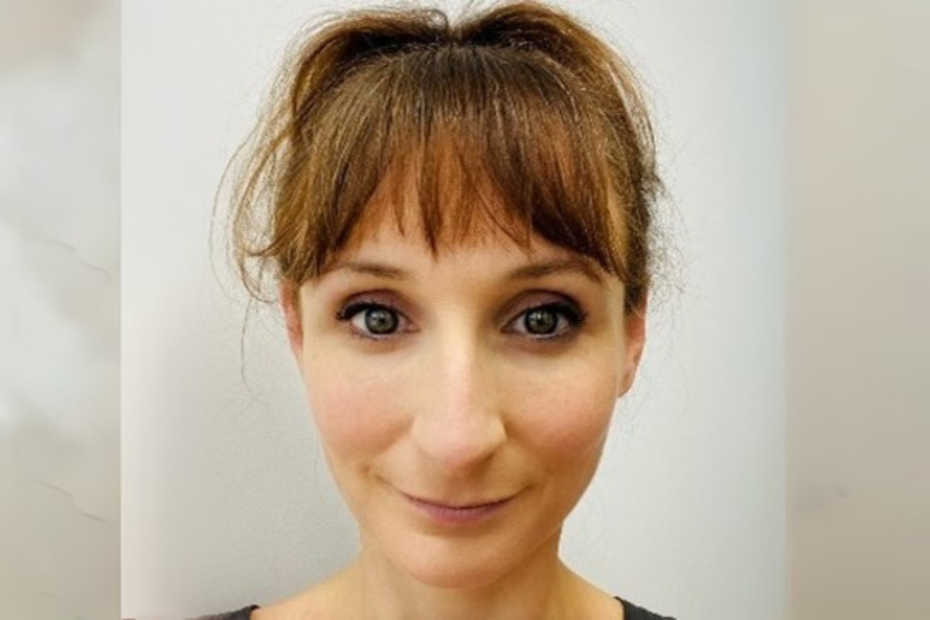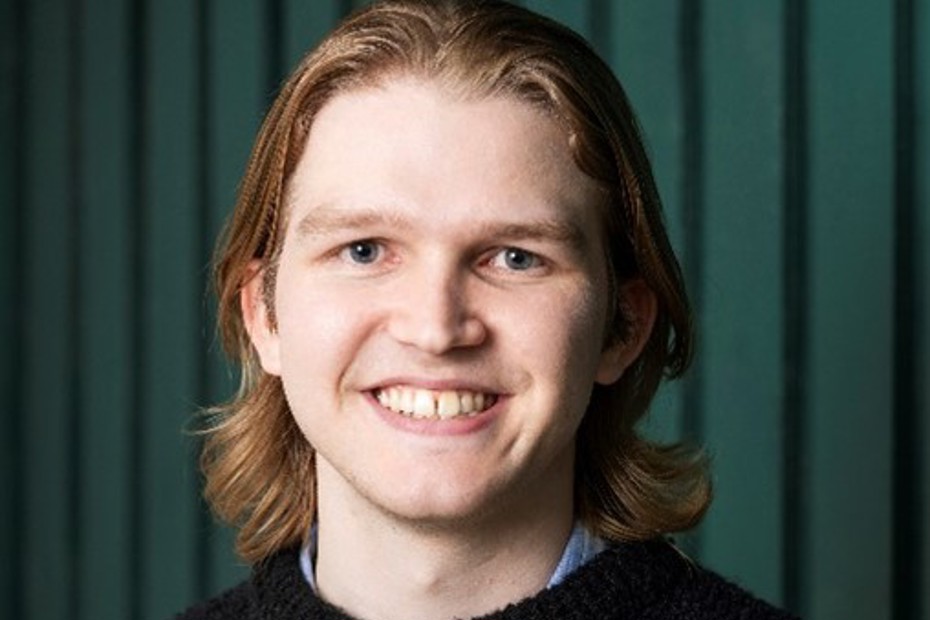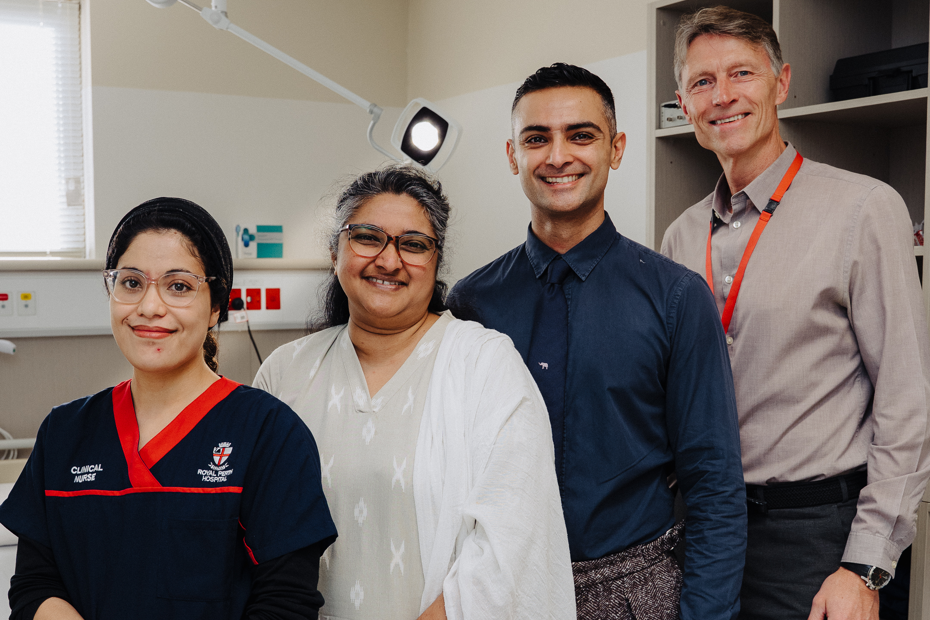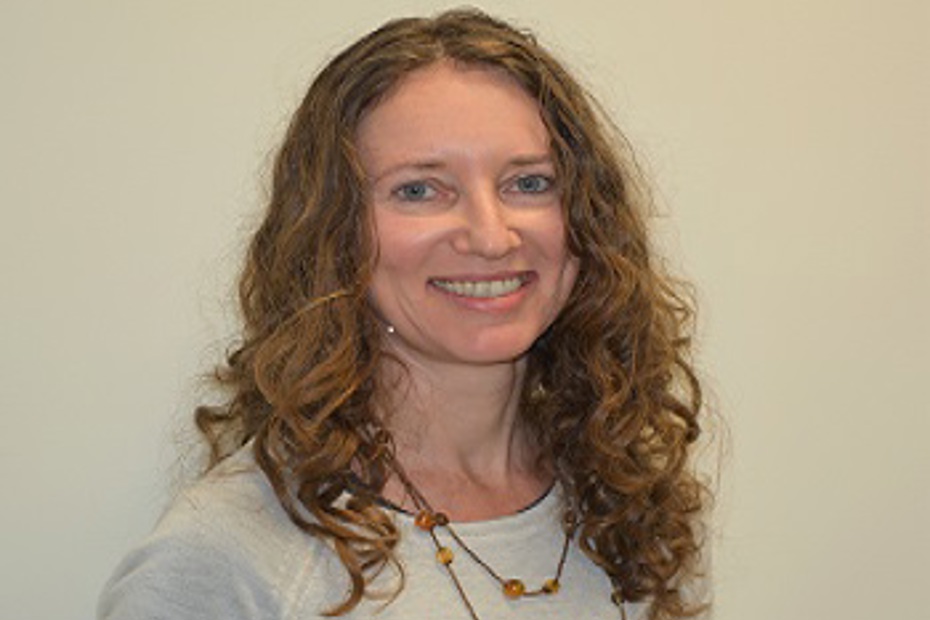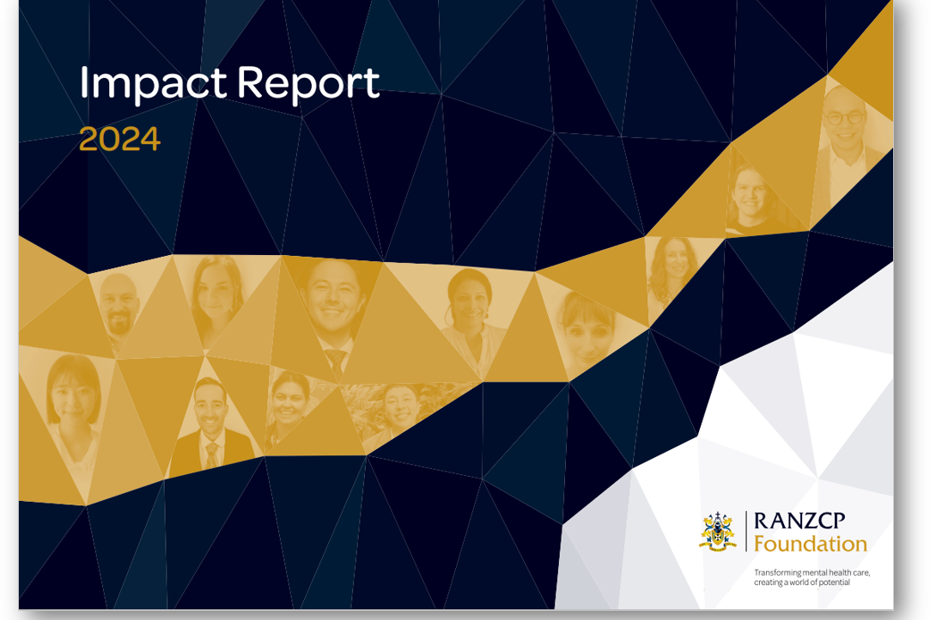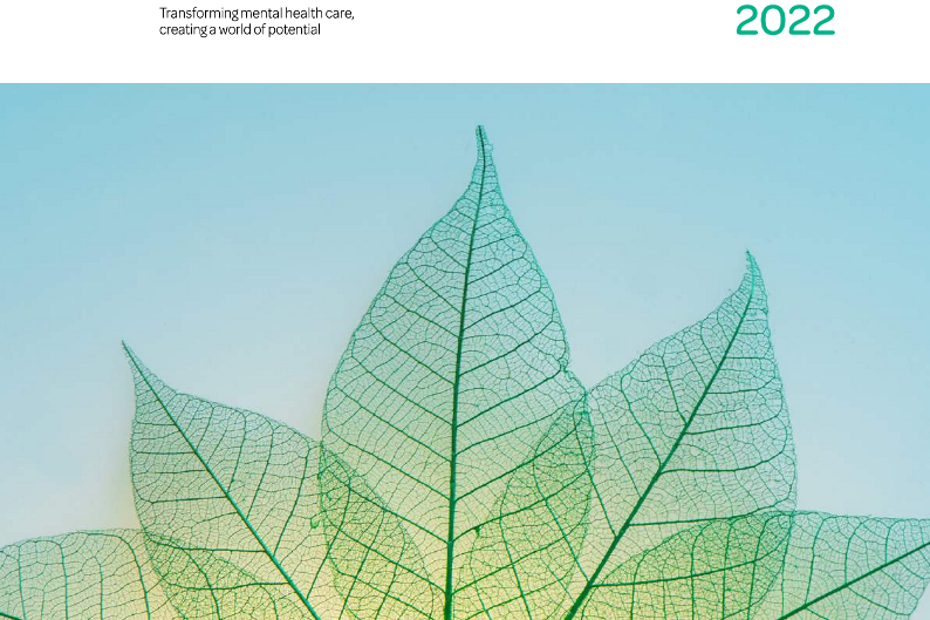Impact of giving
Thanks to the generosity of our donors, we invest around $250,000 each year in grants and scholarships that nurture the next generation of psychiatric researchers and strengthen the academic foundations of our profession.
We also proudly support Indigenous leadership programs, helping to build capacity and foster inclusive excellence.
Your contributions create meaningful and lasting impact—advancing psychiatric research and practice, driving innovation, and supporting projects that deliver real‑world benefits.
Hear from our grant recipients in the short video below, explore their research projects, or read our latest Annual Review.
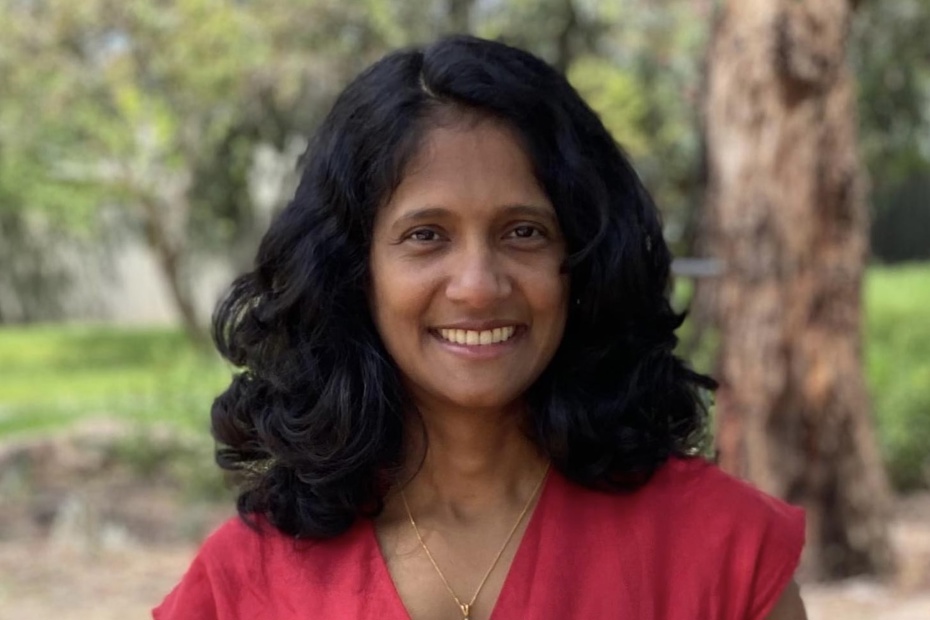
Dr Ruwanthi De Alwis Seneviratne — Identification of a novel biomarker to predict future treatment resistance in early psychosis.
Read more
Dr V. Lakmi Seneviratne — Psychotherapy for out-patients with treatment resistant depression
Read more
Dr Yoon Kwon Choi — Barriers in accessing health care and support for Korean speaking people in Australia with intellectual disability or autism spectrum disorder
Read more
Dr Hannah Suh — Parents’ experiences of Family-Based Treatment for Anorexia Nervosa in East Asian adolescents in New Zealand.
Read more
Dr Chiranth Bhagavan — Pilot study of Psilocybin-assisted Psychiatric care and specialist Physiotherapy for refractory motor Functional Neurological Disorder
Read more
Dr Chloe Boateng — LinkED: Exploring reasons why children and adolescents accessing emergency mental health services fall through the gaps in follow up and how this can be addressed
Read more
Dr Sarangan Ketheesan — Stress, Allostatic Load and Substance Use in Defence Force Veterans with Post-Traumatic Stress Disorder
Read more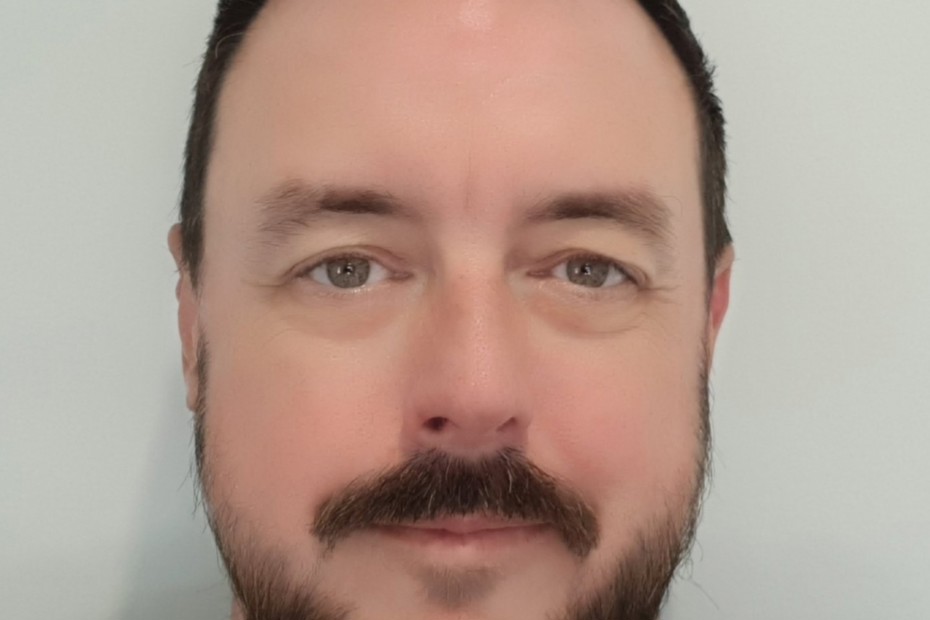
Dr Andrew Wilson — Exploring the reasons behind increasing involuntary psychiatric treatment in Queensland: exploring the perspectives of the legal profession through focus groups
Read more
Dr Matthew Kang — The effect of electroconvulsive therapy on blood-based biomarkers of glial activity and neuronal injury
Read more
Dr Dhamidhu Eratne — MiND the Gap: fast tracking implementation of brain health and dementia diagnosis and risk prediction blood tests in Australia
Read more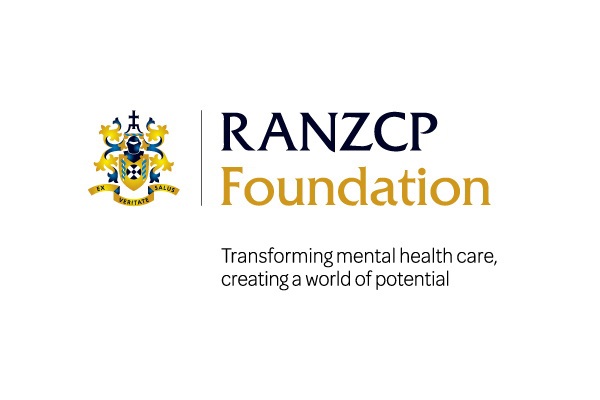
Every year, the RANZCP Foundation makes grant funding available to Fellows and trainees for psychiatric research, clinical work, meaningful initiatives, scholarships and innovative projects that improve mental health.

